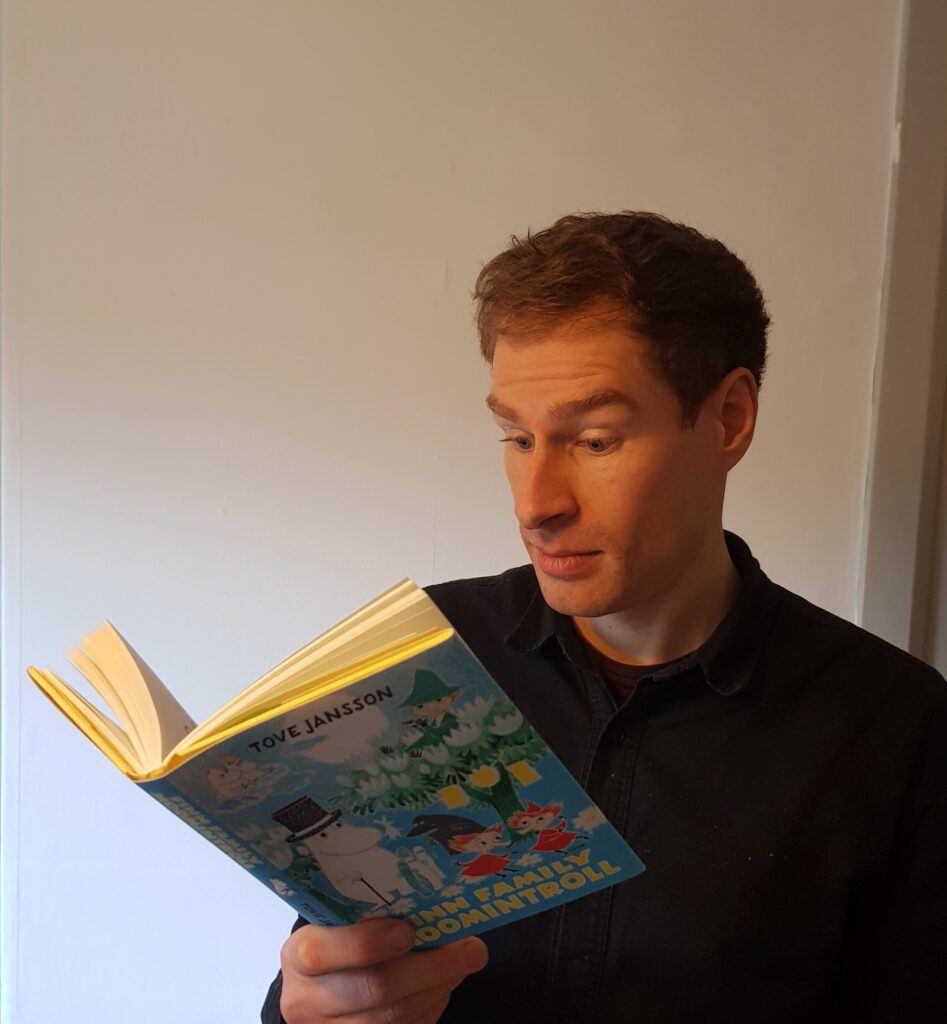
Our General Seminar Series launched in style with Emma Booth‘s call to action on Metadata Matters. In this event report, Robert Drinkwater, University of Salford, shares a couple of items he has added to his to do list as a result.
This session was led by Emma Booth of the University of Manchester, formerly of King’s College London and the LSE and author of the recent NAG report on Quality of Shelf Ready Metadata. Emma started by outlining her experience at Manchester and went on to talk about standards and systems and their bearing on the discovery experience of users. The presentation concluded with a discussion of the need and efficacy of advocating for metadata quality. Listening to this presentation and participating in the ensuing discussion gave me cause to reflect on my own habits, workflows and dependencies as a Cataloguer. I took away a number of actions and reminders for myself, a couple of which I’ve outlined here:
Action 1: create a decision tree
Emma outlined how she determines the method by which metadata flows into the LMS before being published for discovery. Her ‘new e-book collection discovery strategy decision tree’ maps the questions, procedures and communication tasks involved in setting up metadata import and activation processes. For example, what to do in cases where metadata records for a newly-purchased e-book package are neither in Alma‘s Community Zone nor available via OCLC Collection Manager. Each branch of the tree includes the crucial step of checking for accuracy of title coverage and adequacy of metadata quality. My first thought on seeing Emma’s decision tree (after “I love how this document is formatted” and “I wish we had Collection Manager”) was “I need to make one of these for my own work”, not just as a way of recording a set of procedures but as a means of demonstrating some of the complexities of the metadata supply chain to members of my team. It’s on my to-do list!
Action 2: identify and seize upon opportunities to advocate for metadata quality
Without quality metadata nobody would be able to find anything held by our libraries; it’s a necessary condition for discovery, the “open sesame” for our collections. Moreover, libraries spend staggering amounts of money on their collections and absent or poor-quality metadata renders those collections either invisible or their records inscrutable. Emma asked rhetorically via a Twitter post “which is worse, no metadata or metadata that’s so incomplete it’s not likely to be very helpful to the user?”
A big part of my postgrad Librarianship studies involved cataloguing and classification and over half the roles I’ve had in my career so far have involved working with bibliographic metadata. In fact, most of my current job title is the word ‘metadata’. My point is that I have a partial view and while it’s obvious to me that metadata matters, that doesn’t mean it’s obvious to everyone. Therefore, I have a responsibility to advocate for the importance of quality metadata in our systems, to bring it up when we speak to colleagues in our teams and in other departments, to keep banging on about it. If the Cataloguer doesn’t bang on about it then who will?
“Never stop talking about metadata” – Emma Booth
The big take-home message from this discussion was that there is a point to championing metadata quality. Emma’s experiences show that raising our voices on this issue really can make a difference, an example being the introduction of a metadata quality criterion for new e-resource acquisitions at the University of Manchester. Of course there are challenges for all of us: I love my job and I’m proud of the University I work for, but I feel the challenges acutely. I am part of a small (albeit amazing) team with heavy workloads and competing priorities. Karen Smith-Yoshimora’s point about libraries having to compromise between speed and quality chimes with my own experience of having to make do with ‘ok’ metadata while the trained cataloguer in me winces. So it’s important to be realistic about what to advocate for: can we employ a dozen more staff to create perfect Platonic metadata records for all our collections? Alas, no. But can we expect a higher standard of metadata from vendors? Can we work together to devise new ways of sharing our bibliographic metadata? Can we decide never to stop talking about metadata and bend the ears of anyone who will listen? Yes, yes and yes!
At our November General Seminar, Yvonne Lewis will be speaking about The Unwritten Book – an intriguing tale of a publication for which there is lots of manuscript and other materials surviving but which was never, in fact, published.
Our Book History Seminar Series starts on Thursday, with Sara Charles (Teaching Manuscripts) sharing how making manuscripts fuels her research into the Medieval Book.